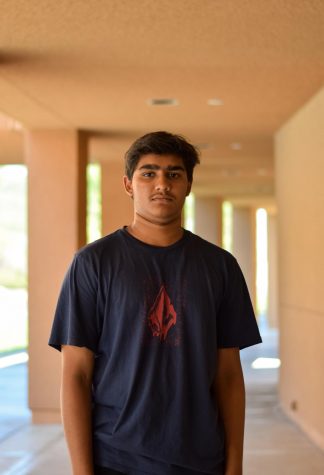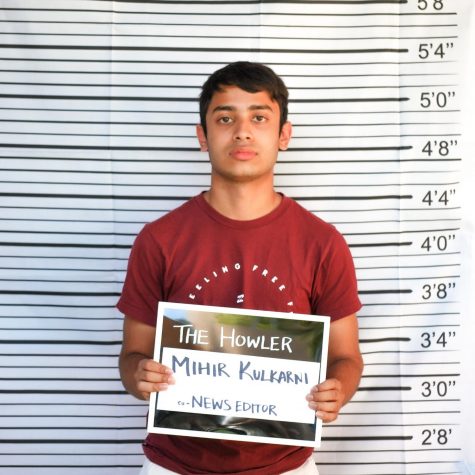NBA and NFL Scandal
October 1, 2020
“We decided to pause our football activities to voice to each other, our coaches and our staff where we stand on the real issues around race and police brutality in our country,” Chicago Bears quarterback Mitchell Trubisky said in an Instagram post on Aug. 27. “We need action not only today, but in the days to come.”
If Trubisky’s sudden tweet supporting the Black Lives Matter (BLM) movement seems like overcompensation for something, that’s because it is. In recent years, the Bears have plummeted from the fourth to twelfth most profitable organization in the National Football League (NFL), a ranking projected to decrease in the aftermath of a tweet by Chicago Bears Hall of Fame linebacker Brian Urlacher supporting the shooting of Jacob Blake by police officers in Kenosha, Wisconsin. Communicating their support for BLM is the Bears’ hail mary strategy to regain favor from their fans and from the NFL before the franchise loses key sponsors over a destructive tweet. Although some might argue that the NFL’s move is a smart play, publicizing their support for a growing social movement with an ulterior motive is unethical and shows the league’s reactive stance toward BLM, especially when competitor leagues are making a legitimate effort to make sports “bigger than ball.”
BLM protests were reignited in response to the unwarranted murder of George Floyd, so it’s no surprise that people of color deem people like Urlacher a threat to their rights. This is especially when other major sports leagues, such as the National Basketball Association (NBA), have expressed unified support for their cause. The NFL’s disassociation from Urlacher’s views has placed the NBA in a comparatively angelic light, causing many sports fans to question whether the current sliver of difference between the NBA and NFL will considerably widen.
Take a look at the NBA. Their undeniable support for BLM has garnered much praise around the globe, as on the opening day of the season resumption in Orlando, the NBA reported that over 3.34 million people tuned in to the Los Angeles Clippers versus Los Angeles Lakers. Additionally, the decision to authorize political messages on players’ merchandise and game apparel has become a standard in other leagues including the NFL. According to the Institute for Diversity and Ethics in Sports, athletes of color cover 81.7% of the NBA’s total population, while 80% of the NBA’s general managers are white. This makes NBA Commissioner Adam Silver’s decision to stand by the players nothing short of remarkable, especially since the owners can choose to remove him if they “don’t serve their interests.” Not to mention, players such as New Orleans Pelicans all star Jrue Holiday have been donating their bubble salary, in addition to their bonuses, to primarily African-American owned businesses and to historically black colleges and universities. The NBA is a business after all, and by sacrificing their profit, NBA players have placed their personal interests aside during this time.
Another notable difference is the way both leagues initially responded to the BLM protests. The NBA are taking measures to convert arenas to voting centers and players around the league are donating to underprivileged communities, showing their proactive stance when it comes to social justice issues. The NBA again made waves when the Milwaukee Bucks boycotted a playoff game after the shooting of Blake. Sports leagues around the country followed suit, including Major League Baseball, the Women’s NBA and the National Hockey League. Although this stand was largely symbolic, the NBA again was at the forefront of advocating for change and set a benchmark for other leagues to step up to.
On the other hand, the NFL commissioner only began echoing the BLM message after the NFL’s biggest stars televised a video demanding that the league acknowledge their mistakes of the past. Even then, the commissioner’s response did not mention former San Francisco 49ers quarterback Colin Kaepernick, the man who drew the scorn of the league and even President Donald Trump in 2016 after he kneeled during the national anthem to protest police brutality. Kaepernick remains without a NFL job to this day.
As competitor leagues continue to take a stand on social justice issues, the NFL must stop lagging behind to change its reputation of turning a blind-eye toward social issues. As the most popular sports league in America, the NFL addressing these issues more proactively could have far-reaching effects to help foster positive change in the US.

























































